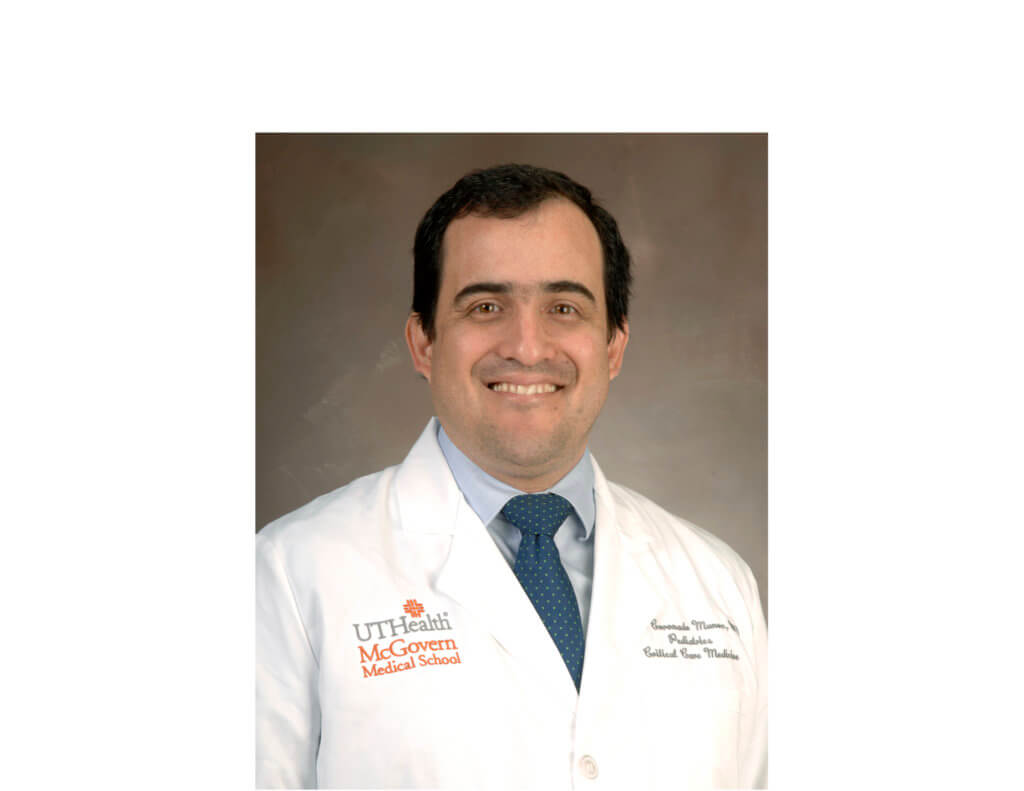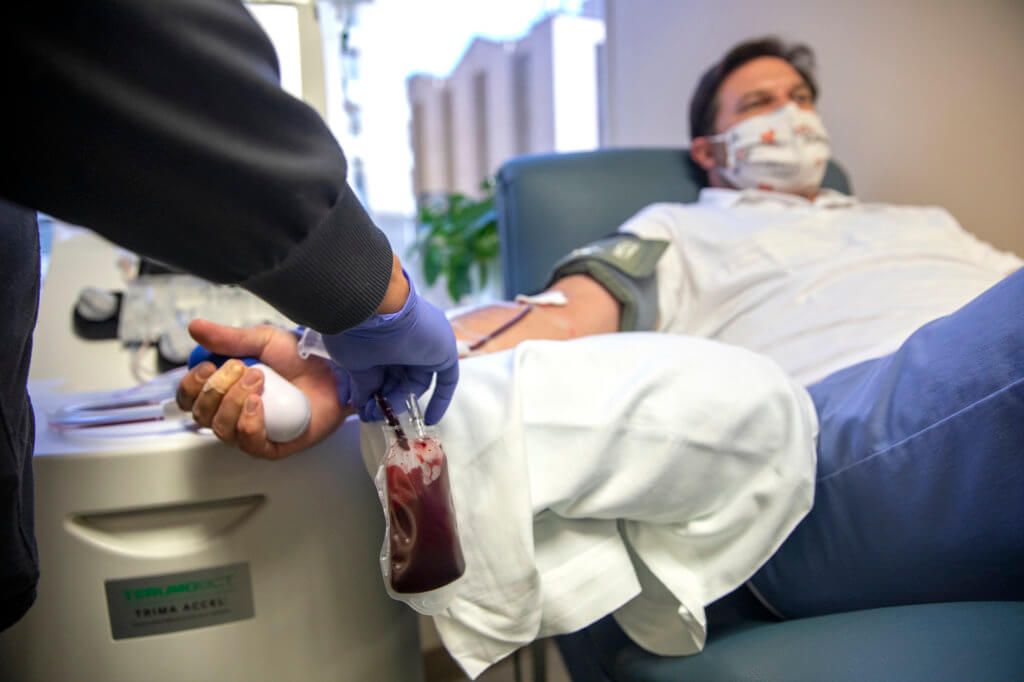TMC Nursing Schools Join National Effort to Reduce Opioid Addiction

The University of Houston and The University of Texas Health Science Center at Houston (UTHealth) nursing schools recently announced that they will be participating in a national effort with the American Association of Colleges of Nursing to curb the wide-sweeping opioid epidemic.
Along with 189 other nursing programs across the country and 54 pharmacy schools, UH and UTHealth will incorporate the Centers for Disease Control and Prevention’s latest guidelines for prescribing opioid medications into its advanced pharmacology curriculum for advanced practice registered nursing students beginning fall 2016.
“We recognize that opioid abuse is a pressing public health issue, and it is critical that our family nurse practitioner students receive education on current standards,” said Kathryn Tart, dean of the UH School of Nursing, in a statement. “We take this commitment seriously to make sure our students have the appropriate knowledge and are taught very specifically about how to prescribe these medications.”
According to the Kaiser Family Foundation, more than 58 million Americans live in areas where there is a shortage of primary care health professionals. The rising demand for primary care is expected to continue increasing over the next five years due to rapid population growth and aging, with a projected a shortage of over 20,000 primary care physicians in 2020, according to a study by the U.S. Health Resources and Services Administration.
To mitigate the widening gap between the low physician supply and primary care demand, nurse practitioners are stepping in, which makes educating nurse practitioners on safe opioid prescribing practices a critical component of the curriculum.
“Nurse practitioners are becoming the primary care providers in many settings, especially in rural settings,” said Kathleen Reeve, associate dean and clinical professor of the family nurse practitioner program at the UH School of Nursing. “They may be the only provider that a patient will see, so it’s very important that we understand what appropriate prescribing is for acute pain and, more importantly, for chronic pain where most of these problems occur.”
Much of the nursing programs’ current curriculum already incorporates guidelines from various organizations, including the American Cancer Society and the American Academy of Pain Medicine, and emphasizes physical therapy, acupuncture, relaxation, exercise and biofeedback therapy as nonpharmacologic approaches to managing chronic pain. The inclusion of the CDC’s updated guidelines will provide additional evidence and research to strengthen the case for more focused awareness of the national addiction epidemic.
Both Reeve and UTHealth School of Nursing Dean Lorraine Frazier, Ph.D., agreed that there is an appropriate time and place in which opioids should be used, but it’s important to take a holistic approach to treating patients’ pain and to ensure nurses are more involved in patient education regarding drugs to promote the best outcomes.
“Every patient is at risk, so it’s important for us to think of every situation where opioids are used and to consider other avenues of pain relief initially,” Frazier said. “We want to take care of people and definitely relieve their pain, be sympathetic and cognizant of their quality of life, but really do it in a way that doesn’t put them in a worse position.”
While opioid medications have historically been prescribed in excess, this initiative and other national efforts to increase prescriber education signal a changing tide in the primary care approach to pain management.
“Whenever prescribers are made more aware, it’s only going to help the problem,” Reeve said.
“I’m delighted that we live in a day when […] a leader can call on us to go to action and we can respond so effectively and effectively to impact health,” Frazier added. “It’s a great day to be in health care.”
Other nursing schools in the Texas Medical Center participating in the national prescriber education include: Prairie View A&M University, University of Texas Medical Branch and Texas Woman’s University. To view a complete list of the participating nursing and pharmacy schools, visit The White House’s fact sheet here.





